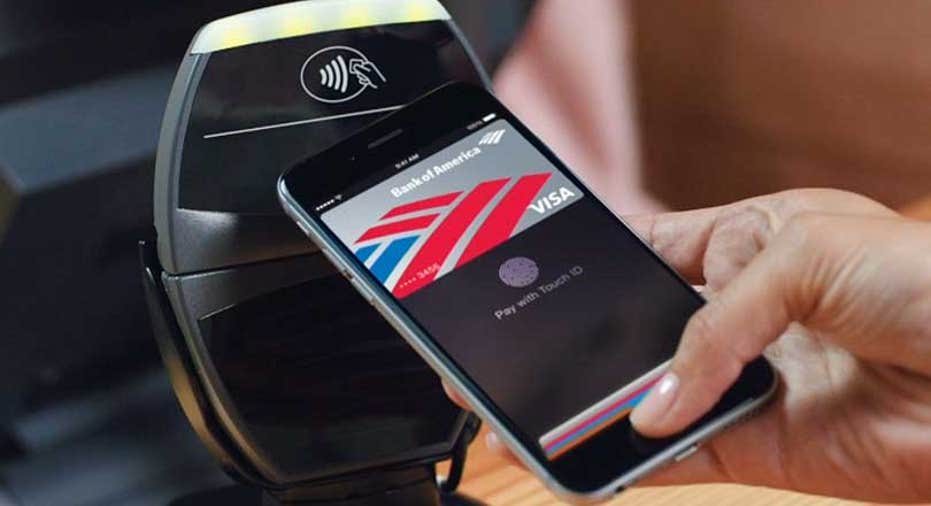Bank of America Adds Apple Pay to ATMs

You can now withdraw cash at Bank of America ATMs with little more than a swipe of your iPhone.
The bank added near-field-communication (NFC) readers compatible with Android Pay to select ATMs in California last month, and has now added support for Apple Pay, according to posts on Reddit.
A Bank of America representative was on hand at Google's I/O developer conference in Mountain View, Calif., last month with an actual ATM to demo the process on Android. That machine's NFC reader was a small black box near the physical debit card reader, and looked similar to where you'd swipe your office or apartment keycard.
Once you waive your phone near the reader, the ATM prompts you to key in your PIN. If you have a Bank of America ATM linked to your Apple, Android, or Samsung Pay accounts, the machine will then allow you to withdraw cash. Cards from other banks aren't compatible, according to a Reddit user who tried several at a machine in Redondo Beach, Calif.
The ATM there appears slightly different than the one featured at Google I/O. It includes an oval NFC payment reader with a standard wireless payment logo affixed, the sort you're probably used to seeing at your local supermarket.
At I/O, the Bank of America rep said that more than 5,000 ATMs nationwide will be compatible Android Pay by the end of 2016. She did not mention if they would also include Apple or Samsung Pay, and the bank did not immediately respond to a request for comment on the specifics of its Apple Pay rollout today. But judging by the bank's website explaining how to use the feature, it appears to be implementing all three payment options simultaneously.
UPDATE: A Bank of America spokesperson confirmed that all of the bank's cardless ATMs work with any mobile wallet that is enabled with near field communications and loaded with a Bank of America debit card. The spokesperson also said that there are currently 2,400 compatible ATMs, and the bank plans to have 8,000 in place by the end of 2016, up from the 5,000 originally announced.
This article originally appeared on PCMag.com.



















